Mahakaleshwar Jyotirlinga Temple: Timings, History & Travel Guide
‘Kaalo ke kaal Mahakaal’, you have always heard it. Do you know who he is? The only supreme deity is…
 0%
0%

The Vittala Temple in Hampi is a sacred place that is popular for its exceptional architecture and unmatched craftsmanship.
It’s considered to be one of the largest and most well-known structures in Hampi. The temple is found in the north-eastern part of Hampi, near the banks of the Tungabhadra River.
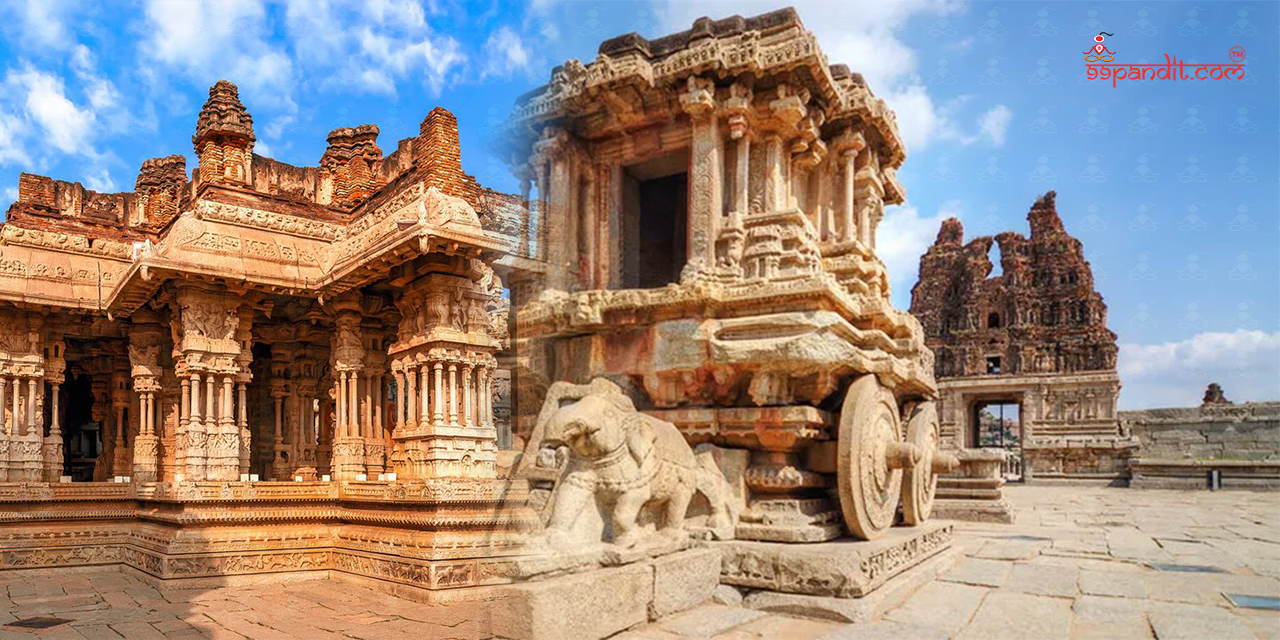
The iconic temple has beautiful stone structures like the incomparable stone chariot and the eye-catching musical pillars.
This predominant monument of this place is the centre of attraction of the ruined town, which is a must-see place for visitors and tourists.
In this article, we are going to talk about the timing, history, and entry fee of the Vittala temple in Hampi. Keep reading the blog to know more information about this place.
Apart from the time, the temple is often open for darshan from early morning to late evening.
Though it’s advised to check the latest timings as they can differ depending on the special events, festivals, or rituals.
Basically, the door of the temple opens in the morning at 6:00 AM and will close around 8:00 or 9:00 PM.
The right time to visit the Vittala temple is between October and March due to good temperature and weather in these months, which is from 16 to 32 degrees Celsius.
Also, there is a post-monsoon season in between these times when the weather is pleasant and cool breezing or soothing evenings.
It’s the perfect time to spend on the banks of the beautiful Tungabhadra River. Hence, plan your trip to seek blessings from Lord Vishnu accordingly.
The history of Vittala Temple dates back to the 15th century during the reign of the Vijayanagara Empire.
Vitthala temple was developed during the rule of the king Devaraya II between 1422 AD and 1466 AD.
Many parts of the temple were elaborated and enriched during the kingdom of Krishnadeveraya between 1509 AD and 1529 AD.
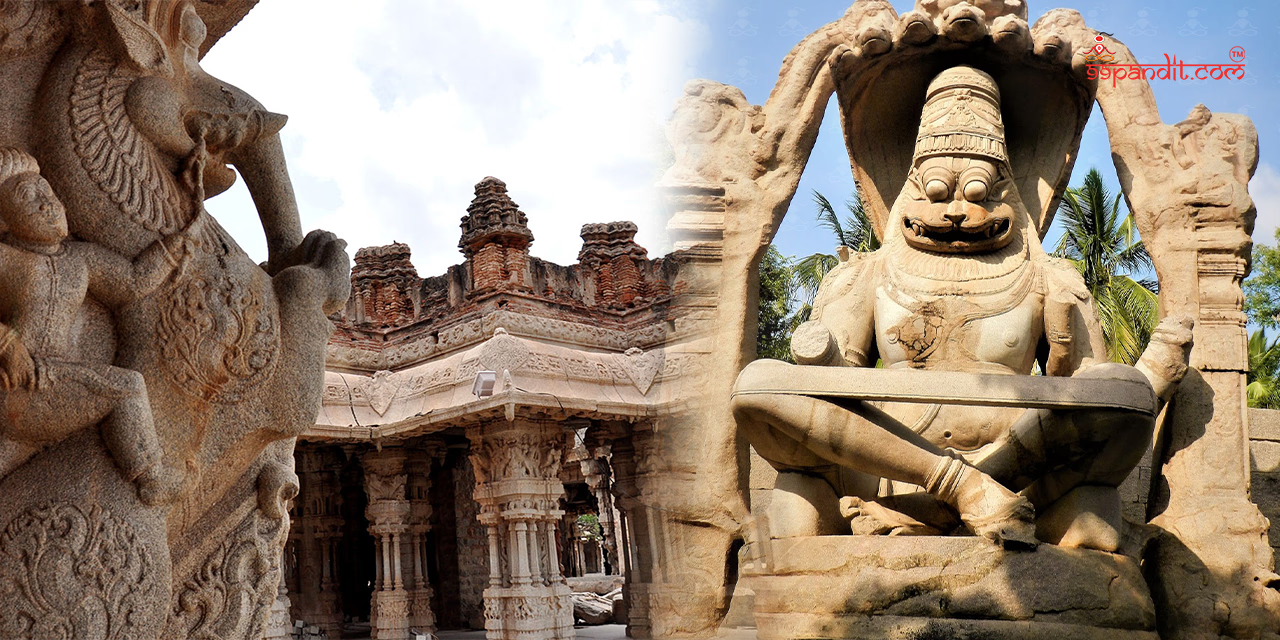
Over the years, the rulers worked to achieve their growth and improvement, resulting in the masterwork that we experience today.
The temple is now known as Shri Vijaya Vitthala temple, and it is devoted to lord Vitthala, who is called Lord Vishnu. The idol of the lord was cherished in the temple.
It’s considered that the temple was developed as a residence for lord vishnu in his incarnation of Vittala, and he had found the temple to be too glorious for his use and had come back to live in his own space.
Vittala temple, located in Hampi, is known as the most beautiful temple and monuments in the region, representing the extraordinary art of the engineers and the architects of those times.
The craftsmanship and architectural excellence of the artists and sculptors could be seen in their full glory within the premises. It was developed in the Dravidian style of architecture.
The complex has various features that are inherently found in the structure of the region. As per the legend, the temple had a connected hall to the main shrine.
Presently, the open hall or mandapa was a later development – probably made during the later expansions. The Vittala Temple was enclosed by three towering gateways and soaring compound walls.
There are many halls and small shrines inside the compound, where several gods and goddesses are placed.
Also, these smaller structures have amazingly carved and ornate detailing made all over them.
A Grand Abode for Vishnu: According to legend, the temple was made particularly for lord vishnu in his incarnation of Vittala. King Vijayanagara rulers anticipated a truly magnificent place for god.
Too Grand for the Deity: Yet, after seeing the extravagant and rich temple, lord vishnu thought it was too big for him. He advised a simple and more humble residence.
Returning to Pandharpur: As per the legend, lord vishnu decided to return to his real home in Pandharpur, which was known for its simplicity.
This is the main hall, which is called the Maha mandapam, and is located inside the inner courtyard.
The mandapa has a different ornate base with horse engravings, warriors, swans, and many other traditional ornamental themes. The column structure has four small halls and wonderful carvings.
The temple complex has a majestic stone chariot, which is one of the known designs in India. The stone chariot increases the beauty of the entire complex with its grandeur.
The stone chariot has an engraved Garuda design, the half-human and half-eagle vehicle, or a carrier of lord vishnu. It’s one of the three chariots in India.
The musical pillars are a witness to a beautiful masterwork in design. This is one of the main attractions of the temple, and these were engraved out of single pieces of stone that can be tuned to emit music, mainly the musical notes.
The main mandapa has around 50 musical pillars. The main pillars are covered by 7 minor pillars that generate musical notes similar to different musical instruments.
Vijayanagara Empire: The premise of the temple is proof of the grandeur and architectural prowess of the reign of Vijayanagara.
It was one of the most powerful and prosperous empires in South India during the 14th to 17th centuries.
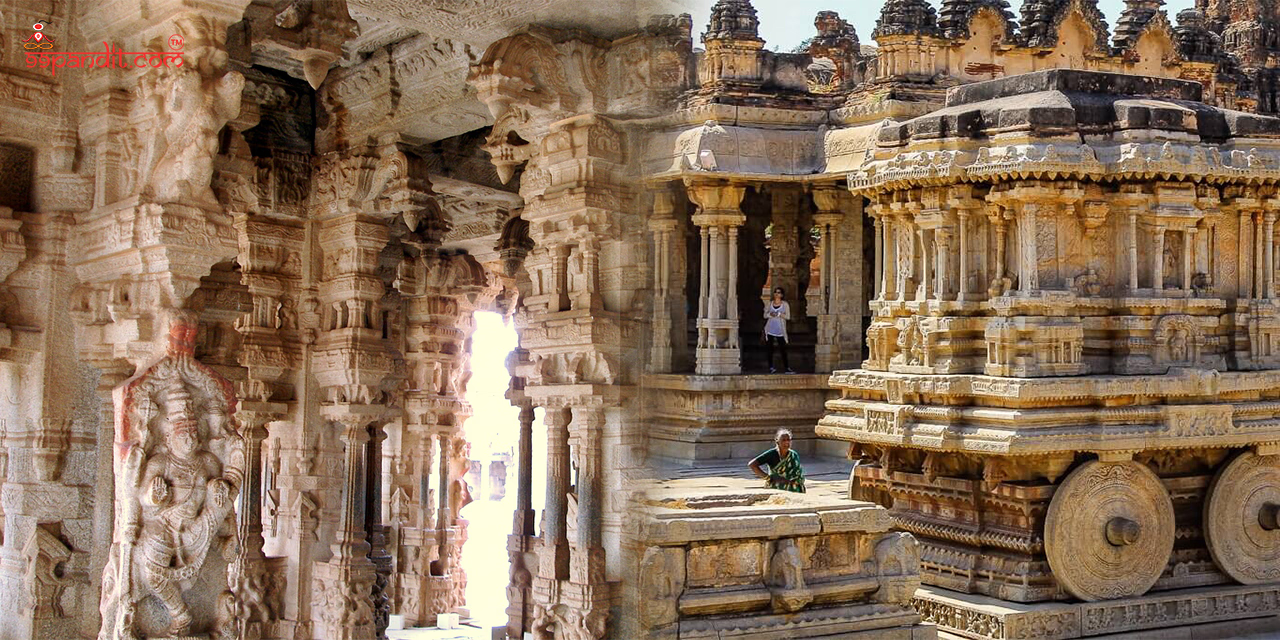
Krishnadevaraya’s Era: The temple’s major development and embellishment were performed during the reign of Krishnadevaraya, one of the most renowned rulers, describing the zenith of Vijayanagara art and culture.
Dravidian Architecture: The Vittala Temple is a good example of Dravidian architecture, famous for its elaborate and intricate carvings, majestic pillars, and comprehensive use of granite.
Stone Chariot: This is the iconic stone chariot of the temple, which is one of India’s most identified and celebrated memorials, indicating the artistic and engineering skills of the time.
Musical Pillars: The Ranga Mantapa, or main hall, consists of 56 musical pillars that create various musical notes when hit, showing advanced knowledge of acoustics and an exceptional level of craftsmanship.
The entry fee of the Vittala temple is INR 30/- per person for indians. For the adults, the fee from another country is INR 500/-, which is approximately $7 per person.
There is no entry fee for children under 15 years old from any country. You could be charged to take a camera inside the temple, which is INR 25/-.
By Air: Bellary Airport is the nearest airport to the Hampi temple. It receives only domestic flights from big cities, along with regular Bengaluru flights. The airport is located 64 kilometres from Hampi city.
By Rail: Hospet railway station is the nearest station, located around 10 kilometres from Hampi.
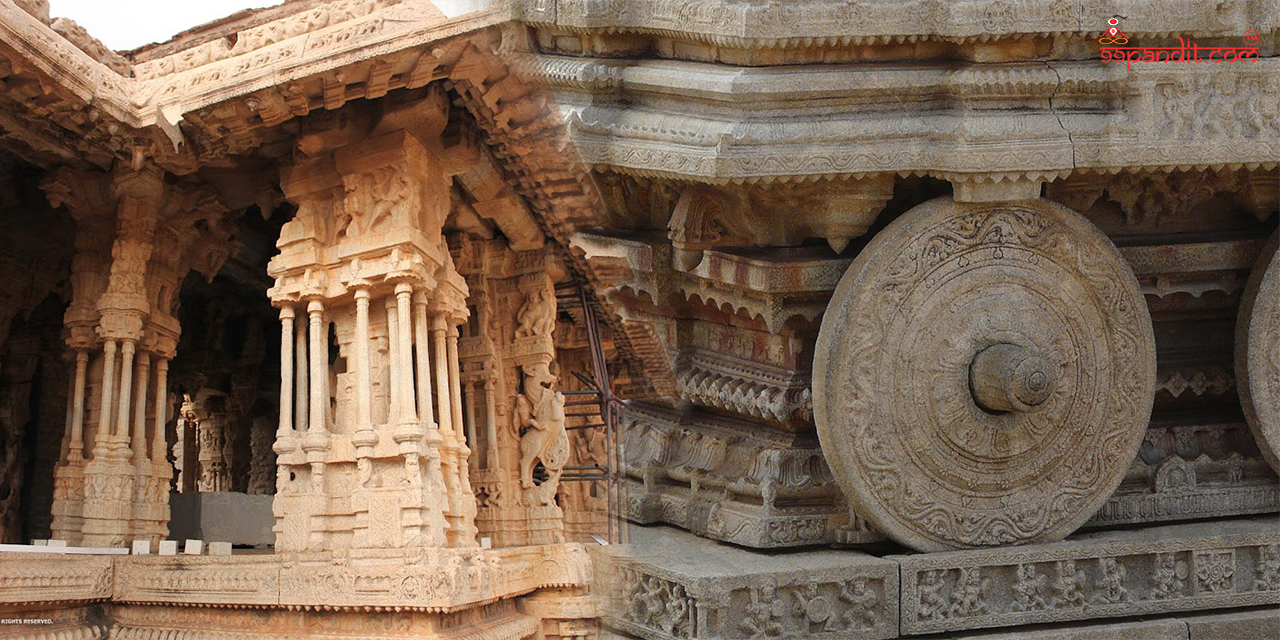
The railway station links all the big towns and cities around the state and a few places across the country.
By Road: This is the best option to reach the Hampi temple by road, as it has the best connectivity.
There are many buses running by KSRTC and KSTDC accessible along with cabs, and private cars from cities such as Mysore and Bengaluru to reach Hampi.
The Disappearing Deity: The main deity of the temple, Lord Vitthala, has a story of disappearance. There’s a belief that the real idol disappeared mysteriously one day after the construction of the temple.
The Stone Chariot: The temple complex itself is a fascinating belief about the stone chariot. It is said that it’s not merely a structure, but an auspicious vehicle used by the deity or his consort, Goddess Lakshmi, to travel.
Musical Blessings: A musical pillar of the Ranga mandapa, another source of faith. Touching these pillars is said to create musical notes, and some believe this is a way to get blessings from the divine.
There are a few places that you can visit around the Vittala temple in Hampi. These are:
The Vittala Temple, Hampi, is known as an inspiration for India’s cultural heritage and architectural beauty.
Each corner of the temple, mainly the royal pillars, and amazing stone chariots, shows the aura of indian culture in the fusion of spiritual importance.
The temple continues to mesmerise visitors with its eternal attraction and religious significance.
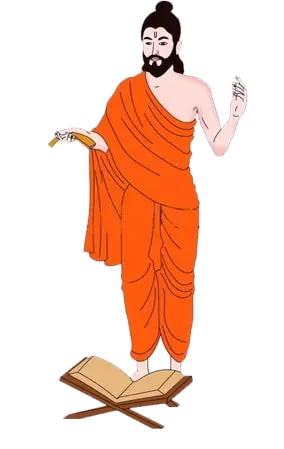
100% FREE CALL TO DECIDE DATE(MUHURAT)

Table Of Content